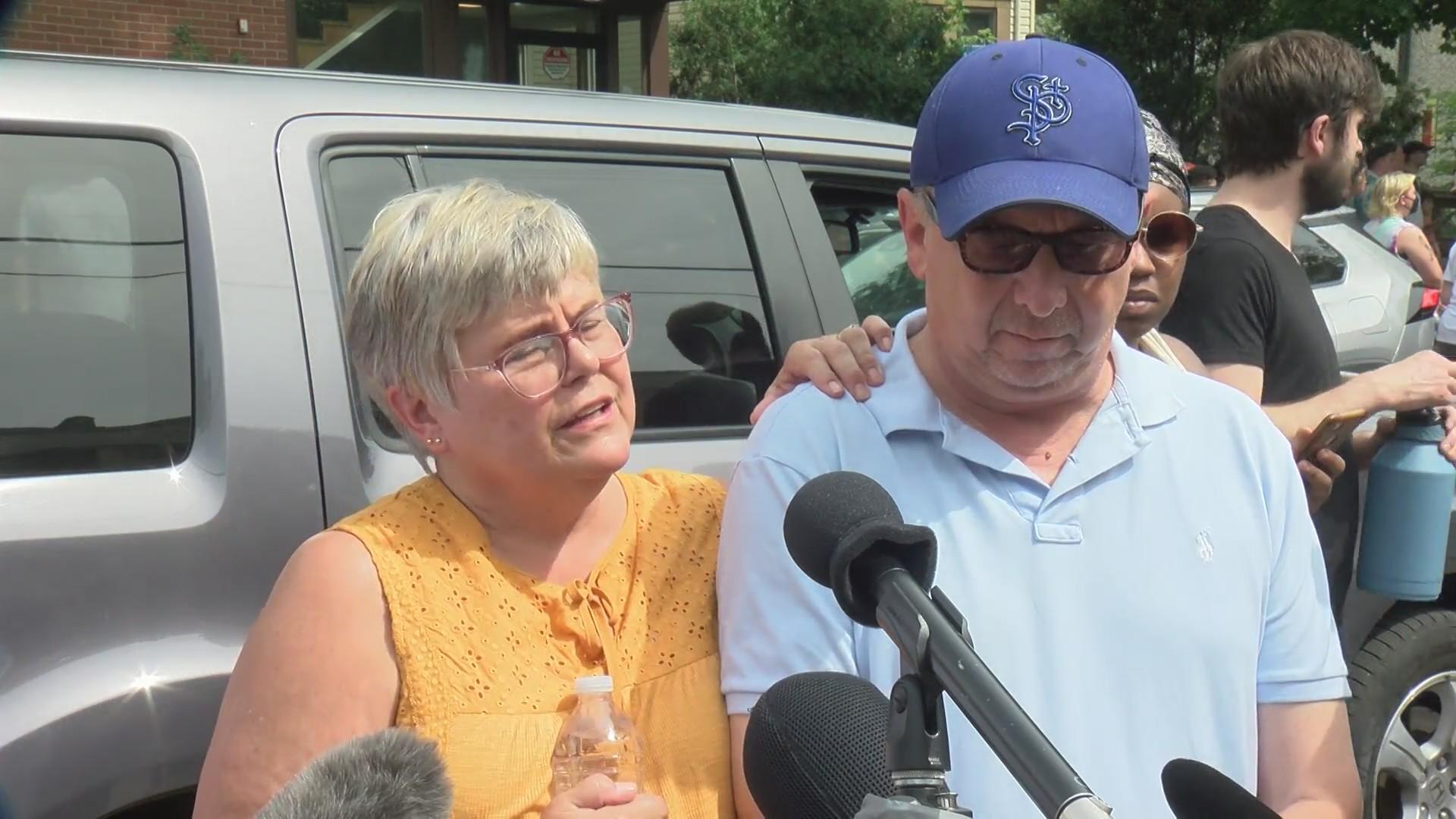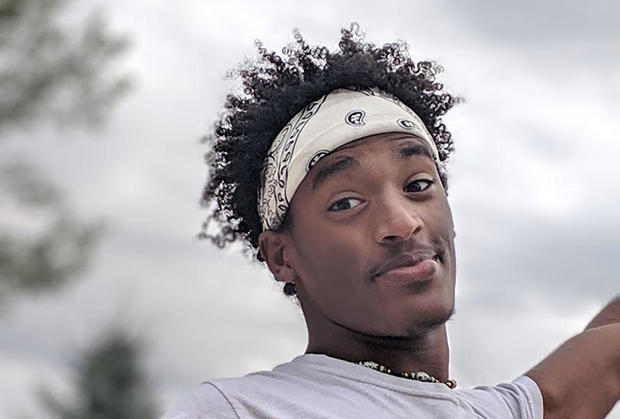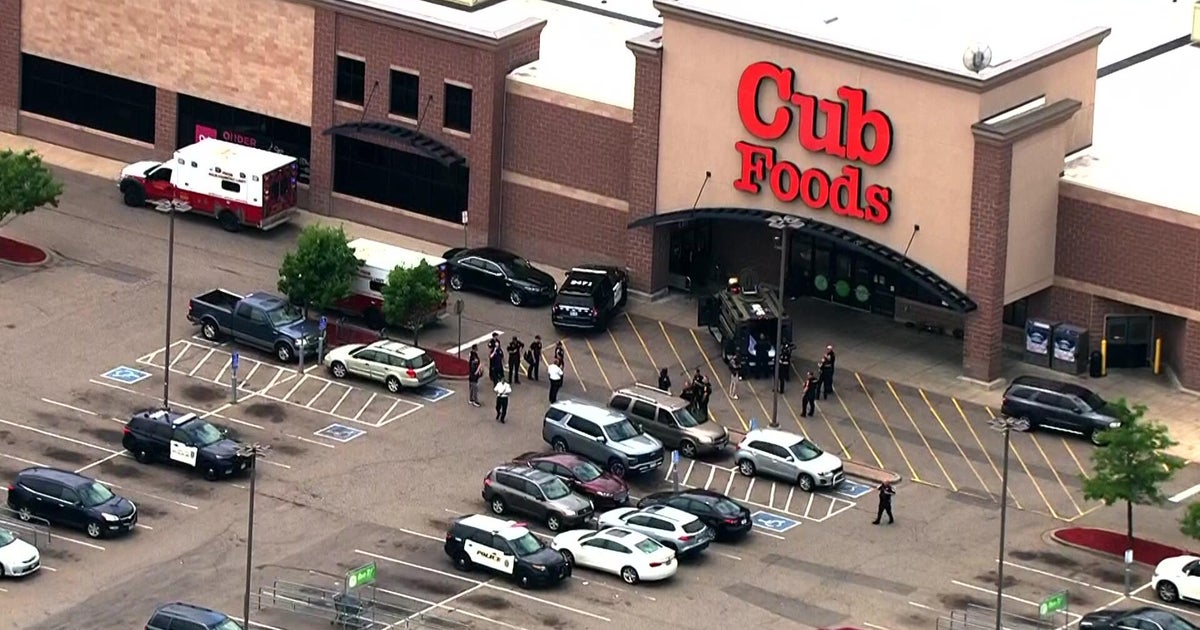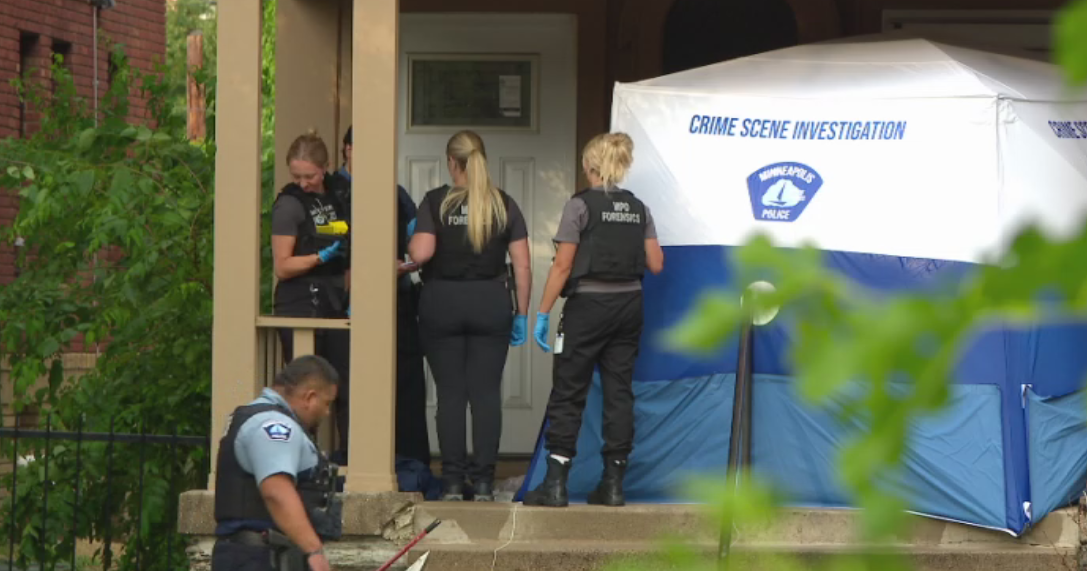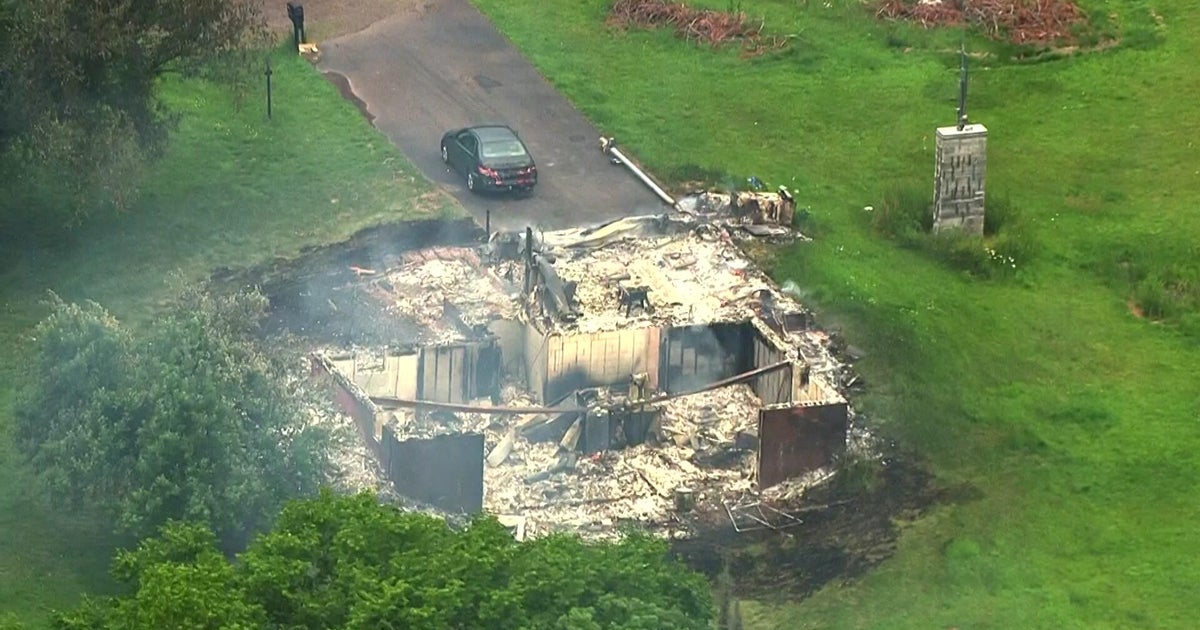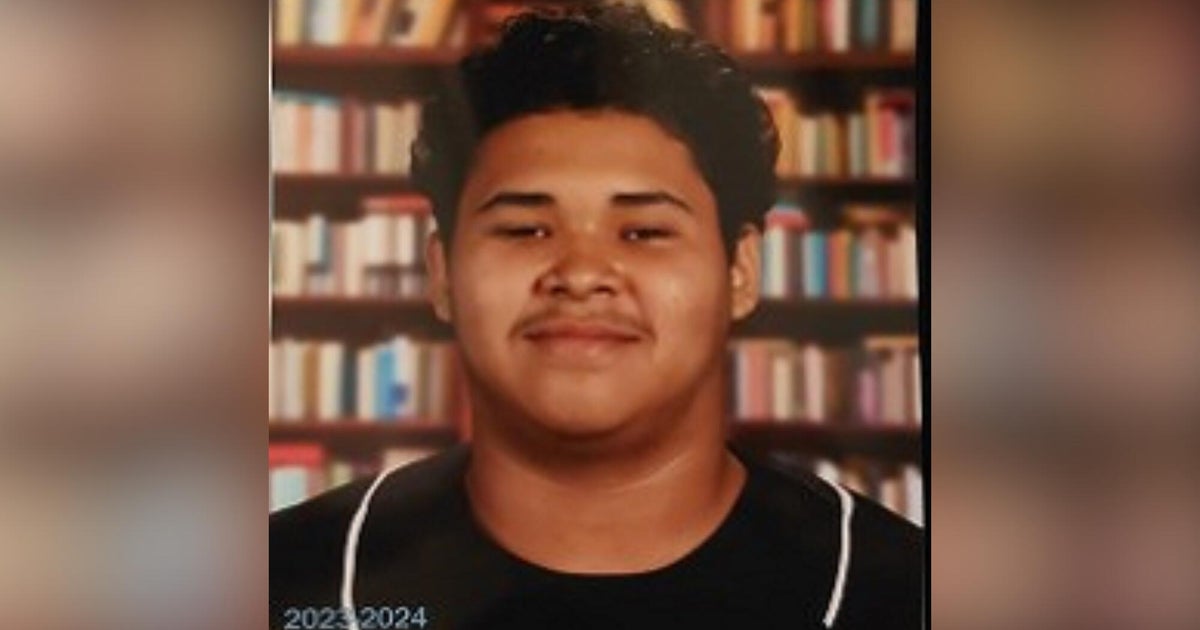Family of man fatally shot by Minneapolis police in 2022 sue city, officers involved
The family of a young man shot and killed by Minneapolis police during an hours-long standoff three years ago is suing the city and four officers involved.
In the early morning hours of July 14, 2022, two police snipers, identified as Zach Seraphine and Aaron Pearson, fatally shot 20-year-old Andrew "Tekle" Sundberg, according to the lawsuit. The standoff began when police were called to his apartment around 9:30 p.m. after he fired multiple rounds inside the building.
The Hennepin County Attorney's Office declined to pursue criminal charges in the shooting of Tekle Sundberg, saying the use of deadly force was justified.
Tekle Sundberg's parents, Cindy and Mark, say he was having a mental health crisis when police were called on him that night.
According to the lawsuit, Cindy Sundberg informed crisis negotiators that Tekle Sundberg, who was adopted from Ethiopia at age 4, had a 30-second processing delay between stimuli and responses, and he suffered a traumatic brain injury when he was 13 that exacerbated those issues. She also said he suffered from ADHD, PTSD and depression, and had a history of self-harm.
The lawsuit alleges neighbors also reported to police that Tekle Sundberg had been "exhibiting bizarre behavior" leading up to the standoff.
Despite this, the lawsuit says Minneapolis police did not employ a mental health crisis team or any mental health worker.
Tekle Sundberg's parents told officers he did not trust police and would respond better to a Black officer, saying he "was afraid of being another Black man killed by the police," according to the lawsuit. That and a request for a Black negotiator were ignored.
Multiple officers allegedly said to Tekle Sundberg's parents that they would not shoot him and "rubber bullets were the only projectiles they were going to use" on him, the lawsuit says. The lawsuit also claims one officer told Mark Sundberg he "didn't understand why people believe police would kill in situations like this one."
During the standoff, Mark Sundberg says officers instructed him to text Tekle Sundberg video and audio messages and guided him on what to say, according to the lawsuit. He protested that the messages would be ineffective and only escalate him, based on his experience with his son.
An officer involved estimated 250-300 phone calls, 15-30 voicemails and 50 texts were sent from crisis negotiators during the standoff, none of which Tekle Sundberg responded to, eventually sending the calls straight to voicemail.
The lawsuit says, minutes before his death, Tekle Sundberg was "hanging out of his second floor apartment window speaking gibberish," as officers characterized it, and appeared to be on the phone.
The lawsuit states sergeant Shawn Kelly, who was acting in a supervisory capacity during the standoff, reportedly transmitted over the police radio that Tekle Sundberg was threatening to shoot officers, a statement the Sundbergs' legal team claims is false.
One of the snipers, Pearson, who was about 75 years away, announced "gun" and shot Tekle Sundberg. Seraphine, the other sniper, allegedly heard the gunshot and fired his rifle, striking Tekle Sundberg in the upper chest. He died a short time later at the hospital. The lawsuit says he fired without knowing who had fired the initial shot.
Pearson and Serpaphine's actions were not those of "a reasonable officer," the lawsuit argues.
"A reasonable police officer in the place of Officers Seraphine and Pearson would be aware that the likelihood of Andrew Sundberg being able to see and shoot a target while blinded by spotlights, at ranges in excess of 50 yards, one-handed, while hanging out of a window, was vanishingly small," the lawsuit states.
Officers Seraphine and Pearson are being sued for violating Tekle Sundberg's Fourth Amendment rights and for wrongful death. Kelly is also being sued for Fourth Amendment violation. The City of Minneapolis, Kelly, Seraphine, Pearson, and Lt. Thomas Campbell are all being sued for violating the Americans with Disabilities Act.
A spokesperson for the City of Minneapolis said they do not comment on open litigation.
The lawsuit cites an investigation from the Minnesota Department of Human Rights that found the City of Minneapolis and its police department engaged in a pattern of race-based discrimination. The city later agreed to a plan with the department to reform policing.
The lawsuit also references a two-year Department of Justice investigation that concluded the City of Minneapolis and its police department engaged in practices that deprived residents, specifically Black and Native American residents, of their rights.
Both investigations were sparked by the 2020 murder of George Floyd.
In May, a federal judge ruled to dismiss a consent decree that federally mandated reforms brought on by the DOJ's investigation. However, Mayor Jacob Frey issued an executive order instructing the city to fully implement all reforms anyway.
The video above originally aired on July 16, 2022.
